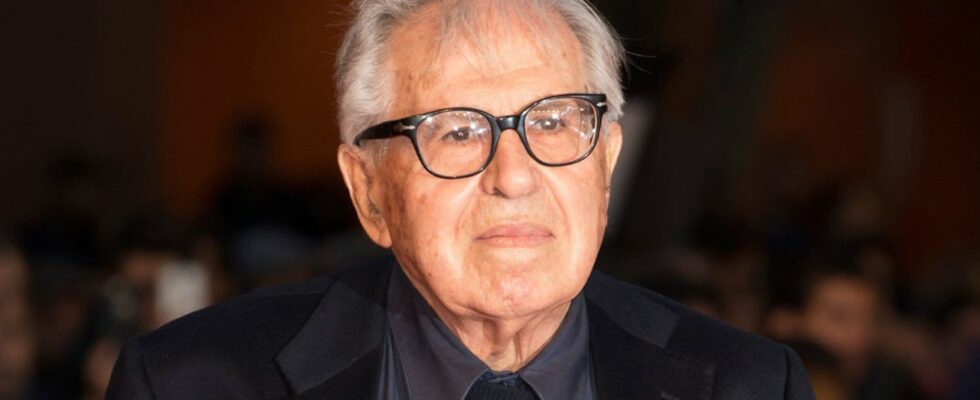The filmmaker Paolo Taviani died on February 29 in Rome, at the age of 92. With his older brother Vittorio, who died in 2018, he produced one of the most singular and radical works of Italian cinema, awarded a Palme d’Or in 1977.
Six years after his older brother Vittorio, who died in February 2018 at the age of 88, Paolo Taviani also passed away. The Italian filmmaker died on February 29 at the age of 92, from complications “of a brief illness”.
All his life, he had worked with his older brother (by two years) on a demanding work of classical inspiration, but in direct contact with reality. Palme d’Or in 1977 for the rough Padre Padrone, he also won the Golden Bear for César must die in 2012.
“With Paolo Taviani, a great master of Italian cinema is leaving us. With his brother Vittorio, he created unforgettable, deep, committed films that have entered the collective imagination in the history of cinema” greeted Roberto Gualtieri, the mayor of Rome, on his account.
The revelation of neo-realism
The cinematographic production of brothers Paolo and Vittorio Taviani, carried out by four hands over more than four decades, is an almost unique case in the history of cinema. After taking art courses at the University of Pisa, the Taviani brothers turned to cinema, after discovering the neo-realist drama Paisa by Roberto Rossellini in theaters.
In 1954, they made the first of their seven documentaries: San Miniato, luglio ’44, which recounts the massacre of the population of their native village by the Nazis. But censorship was watching: it was banned in 1955. A Man to Burn was their first work of fiction and their first feature film.
DR
Acerbic and acute observers of the transformations that are shaking up and shaping Italian society, the Taviani brothers intimately combine history, psychological analysis and lyricism in their filmography. With Les Hors-la-loi du mariage, in which Ugo Tognazzi and Annie Girardot share the bill, they have created a bittersweet comedy on the theme of divorce.
The following year, they used the Fantasy as a metaphor for the tumultuous context of the year 1968 in the world, with Under the Sign of the Scorpion. However, it was not until 1974, with Allonsanfan, an evocation of post-Napoleonic Italy and the failure of the revolutionary unrest that broke out, that they achieved their first major international success.
Padre Padrone’s Palme d’Or
In 1977, they looked at the harsh destiny of a Sardinian child raised by a shepherd father of his status and rare brutality: the story of Padre Padrone, although attracting strong criticism, upset the Cannes Jury who awarded him the Palme d’Or. They continued to explore the theme of war through the prism of childhood with The Night of San Lorenzo (1982; Special Jury Grand Prize at Cannes).
In 1987, they briefly left the Italian peninsula to set their cameras in the United States with Good Morning Babylon, a satirical and verve painting of the Hollywood world of Griffith’s time. Great admirers of the Italian author of picaresque novel Luigi Pirandello, they adapted several of his stories in the diptych Kaos /Kaos II.
After a detour into documentary with Un Altro mondo e possibile, highlighting the ravages of globalization, the Taviani brothers return to fiction with Le Mas des allouettes, their sixteenth feature film.
Julius Caesar in prison
In the 2010s, the Taviani brothers reconnected with poetry by adapting the classic poet Boccaccio (Italian Tales) and embarking on the experimental Caesar must die, which sees them place their camera in a high security prison for a performance of Shakespeare’s “Julius Caesar”. A stroke of genius hailed by critics and awarded a Golden Bear in Berlin, the film instantly established itself as one of the peaks of the Taviani’s career.
After the death of his eldest, Paolo Taviani shot one last film alone, Leonora Addio, presented at the Berlinale in 2022.
